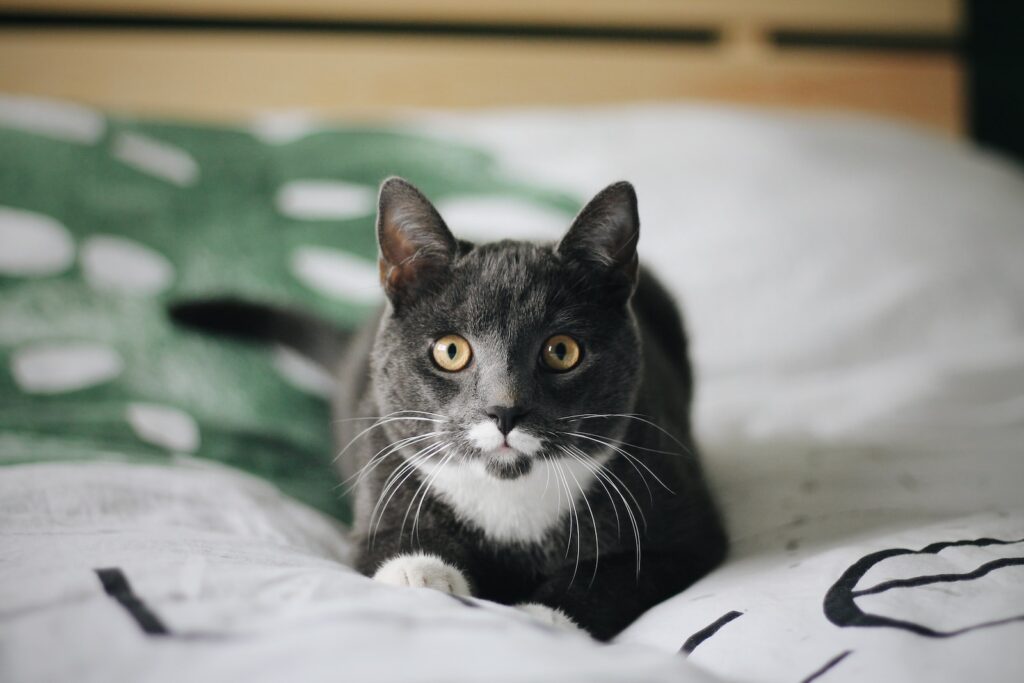Can Cats Eat Pistachios? — No, They Can’t
Pistachios are a delicious and healthy snack for humans, but when it comes to our feline friends, they are not a suitable treat. Cats should not eat pistachios due to several reasons, including their high fat content and potential health risks.
Is It Safe for Kittens to Consume Pistachios?
Just like adult cats, kittens should not be fed pistachios. Their delicate digestive systems are not designed to process the high levels of fat and fiber found in pistachios, which can lead to digestive issues and potential health problems.
Risks Associated with Feeding Pistachios to Kittens
Feeding pistachios to kittens can pose several risks to their health. The high fat content can cause gastrointestinal distress, leading to diarrhea, vomiting, and abdominal pain. Additionally, the fibrous nature of pistachios can result in blockages in the digestive tract, which may require immediate veterinary intervention.
Why Pistachios are Not Recommended for Cats
Reason 1: High Fat Content
Pistachios are rich in fat, which can be difficult for cats to digest. Consuming too much fat can lead to weight gain, obesity, and even pancreatitis in cats. It’s essential to prioritize a balanced and appropriate diet for your feline companion to maintain their overall health and prevent potential complications.
Reason 2: Potential Choking Hazard
Unlike humans who can easily crack open pistachio shells, cats lack the ability to do so. If small pieces of the shell are ingested, they can pose a choking hazard or cause obstruction in the cat’s throat or gastrointestinal tract. This can be extremely dangerous and may require immediate medical attention.
Reason 3: Allergies and Toxicity
Cats are known to have allergies to certain foods, and while pistachios are not among the most common allergens for cats, they can still cause adverse reactions. Additionally, some pistachios may be salted or seasoned with ingredients that are toxic to cats, such as onions or garlic. Even a small amount of these substances can be harmful to feline health.
Known Health Issues in Cats from Consuming Pistachios
Feeding pistachios to cats can result in several health issues. The high fat content can lead to weight gain, obesity, and pancreatitis. Furthermore, the risk of choking or gastrointestinal obstruction is a significant concern. Cats may also experience allergic reactions or ingest toxic seasonings present on certain pistachios, causing additional health complications.
What to Do If a Cat Has Consumed Pistachios?
- Action 1: If you suspect your cat has consumed pistachios, monitor them closely for any signs of digestive distress, such as vomiting or diarrhea. Contact your veterinarian for further guidance.
- Action 2: Keep an eye on your cat’s breathing and behavior. If you notice any signs of choking or obstruction, seek immediate veterinary assistance.
- Action 3: Be proactive in preventing access to pistachios by storing them securely and out of reach from your feline companion.
Safe Alternatives to Pistachios for Cats
Instead of offering pistachios to your cat, consider these safe alternatives as occasional treats:
- Fully-cooked lean meat, such as chicken or turkey
- Plain cooked fish without any seasoning or bones
- Small pieces of cat-friendly fruits like watermelon, cantaloupe, or mashed pumpkin
- Commercially available cat treats specifically formulated for feline nutrition
Conclusion
Pistachios may be a delightful snack for humans, but they are not suitable for cats. Their high fat content, potential choking hazard, and the risk of allergies or toxicity make them unsuitable for feline consumption. It is crucial to prioritize your cat’s health and well-being by offering them a balanced and appropriate diet tailored to their nutritional needs. By avoiding pistachios and opting for safe alternatives, you can ensure your cat’s safety and promote their overall health.






